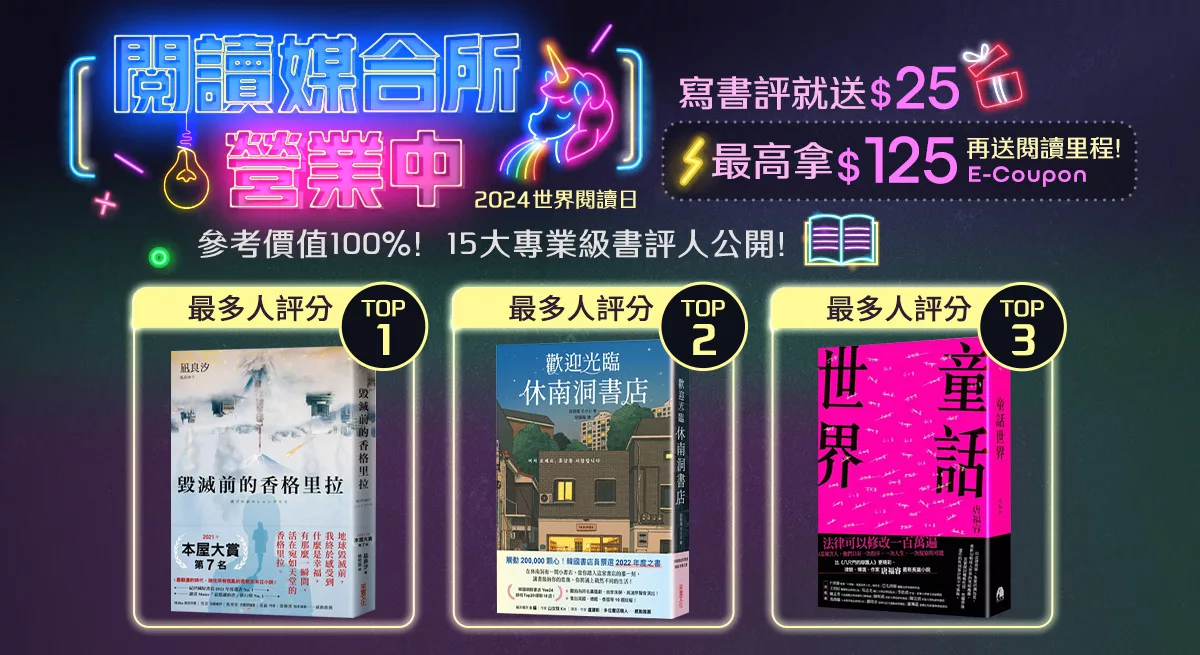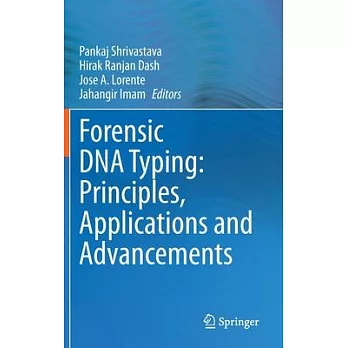Chapter 1. Fundamentals of Forensic Profiling. -Chapter 1.1. Forensic DNA Typing: Inception, Methodology and Technical Advancements. -Chapter 1.2. Genetic Basis of Forensic DNA Typing. -Chapter 1.3. Multifaceted forensic DNA typing: Autosomal, Y-Chr, mtDNA, X-Chr analysis, INDELS. -Chapter 1.4. Forensic DNA evidence: From Crime Scene to Conviction. -Chapter 1.5. Body fluid identification in forensics. -Chapter 2. Challenges in Forensic DNA Typing. -Chapter 2.1. Ancient DNA typing. -Chapter 2.2. Analyses of archaeological skeletal remains using forensic approach. -Chapter 2.3. DNA Typing of skeletal remains and Disaster victim identification. -Chapter 2.4. Applications of Mini STRs in Forensics. -Chapter 2.5. Challenges with Capillary electrophoresis. -Chapter 2.6. Human DNA Trafficking. -Chapter 3. Human DNA Trafficking. -Chapter 3.1. Autosomal STR Typing and Case Study. -Chapter 3.2. Y DNA History, Development and Advancements including DNA database YHRD. -Chapter 3.3. X STRs: Application and Potential.- Chapter 3.4. Mitochondrial DNA analysis and its application. -Chapter 3.5. SNP: Inception and Utility. -Chapter 3.6. SNP Testing in Forensic Science. -Chapter 4. Nonhuman Forensic DNA Typing. -Chapter 4.1. DNA typing of Domestic Animals. -Chapter 4.2. Wildlife Forensic DNA Analysis. -Chapter 4.3. Plant DNA Fingerprinting. -Chapter 4.4. Identification of forensically important insects. -Chapter 5. Advancements on Forensic DNA typing.- Chapter 5.1. NGS in Forensics Applications. -Chapter 5.2. Utility and possibility of Next-Generation Sequencing in Forensic DNA typing. -Chapter 5.3. Oral microbes - A hidden yet powerful evidence for futuristic forensic investigation. -Chapter 5.4. MALDITOF the 4th generation techniques still at its infancy to identify forensically important insects. -Chapter 5.5. Forensic DNA Phenotyping. -Chapter 5.6. Rapid DNA typing including direct sample amplification. -Chapter 6. Quality Control, Statistical evaluation and population data in Forensic DNA Typing. -Chapter 6.1. Guidelines for Forensic DNA Testing. -Chapter 6.2. Quality control in Forensic DNA typing. -Chapter 6.3. Legal aspects of Forensic DNA typing. -Chapter 6.4. DNA database. -Chapter 6.5. Population database- China.



 天天爆殺
天天爆殺  今日66折
今日66折 
























 博客來
博客來 博客來
博客來 博客來
博客來 博客來
博客來 博客來
博客來